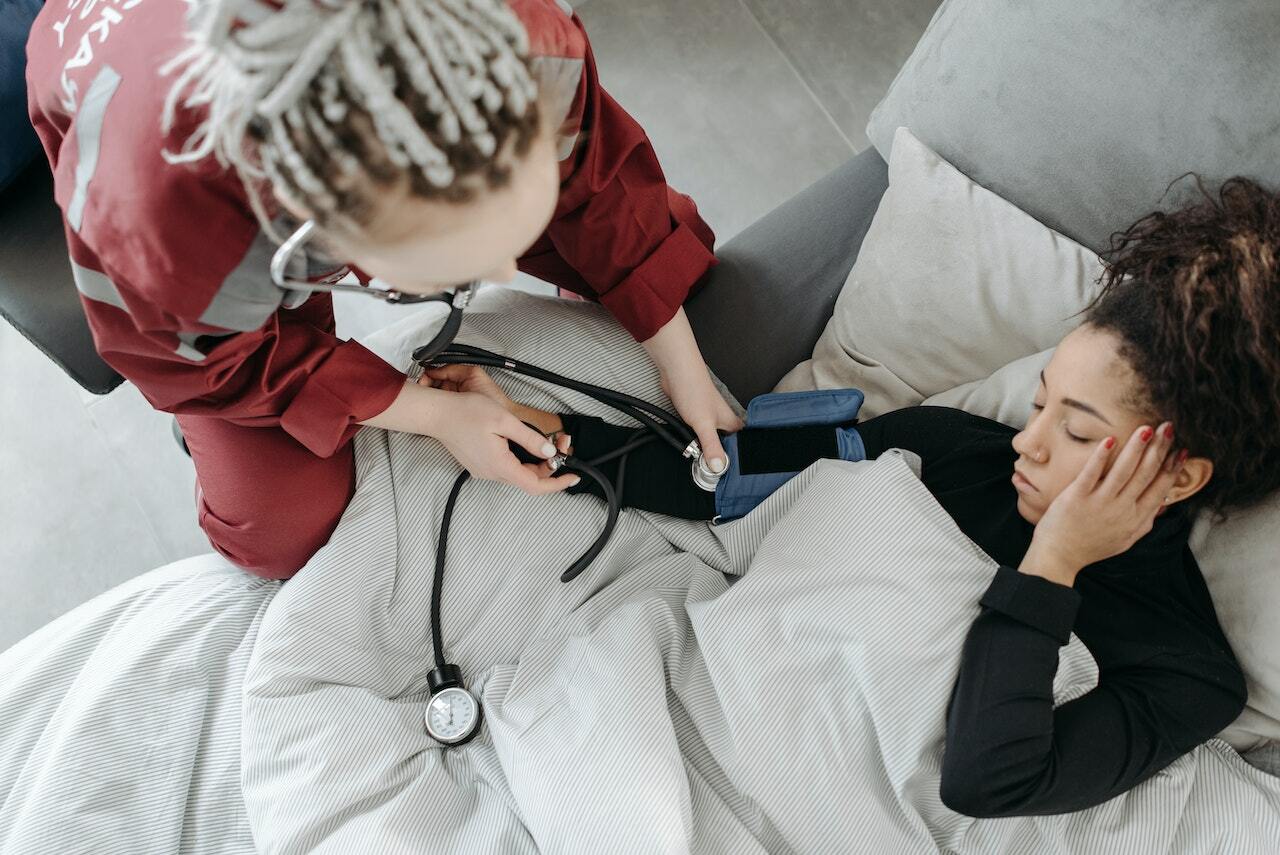Properly Diagnosing Anaphylaxis
Symptoms of anaphylaxis can include:- Swollen face, lips, tongue, or throat.
- Difficulty breathing.
- Wheezing.
- A sudden drop in blood pressure.
- Increased heart rate.
- Skin flushing.
- Hives.
- Nausea.
- Vomiting.
- Diarrhea.
- Anxiety or a sense of doom.
Treating Anaphylaxis
If you or a loved one suffers from these symptoms, it's important to seek emergency medical treatment immediately, as anaphylaxis can quickly progress and be fatal. If you have epinephrine, administer it immediately before calling for help. It is also important to try to keep the person calm. If someone has been diagnosed with a severe allergy, it is important to have emergency medicine on hand in case of a reaction. Injectable epinephrine is the only treatment for severe allergies, and it is important to administer it as soon as possible after a reaction begins. Some people may be hesitant to use epinephrine because they think it is dangerous, but it is the only way to treat a severe allergic reaction. Epinephrine is a medication that is used to treat severe allergic reactions. It works by constricting blood vessels, increasing blood flow through veins, and binding to receptors on smooth muscles of the lungs, which relaxes the muscles and allows breathing to return to normal. If someone has a severe allergy, the doctor may recommend taking a dose of epinephrine even before even experiencing serious symptoms. For example, suppose you have a severe peanut allergy and know you've eaten peanuts. In that case, you could reasonably give yourself a dose of epinephrine before symptoms occur or if you only have mild symptoms. Remember these life-saving tips when medical help is en route:- If someone struggles to breathe, it is best to avoid giving them any oral allergy medication or liquids. This could potentially make their breathing difficulties worse.
- If the person affected is allergic to bee stings and is stung, quickly remove the stinger with a credit card or your fingernail. Do not use tweezers, as this will release more venom into the sting site.
- If they are in danger of going into shock, it is important to lie down flat with their feet elevated. This will help to prevent shock from occurring. If the person is in discomfort or has a suspected neck, back, or leg injury, do not put them in this position.
- If a person struggles to breathe, do not place a pillow under their head. This could obstruct their airway and make it even harder to breathe.
- Most importantly, administer epinephrine immediately if they or you have it on hand.










